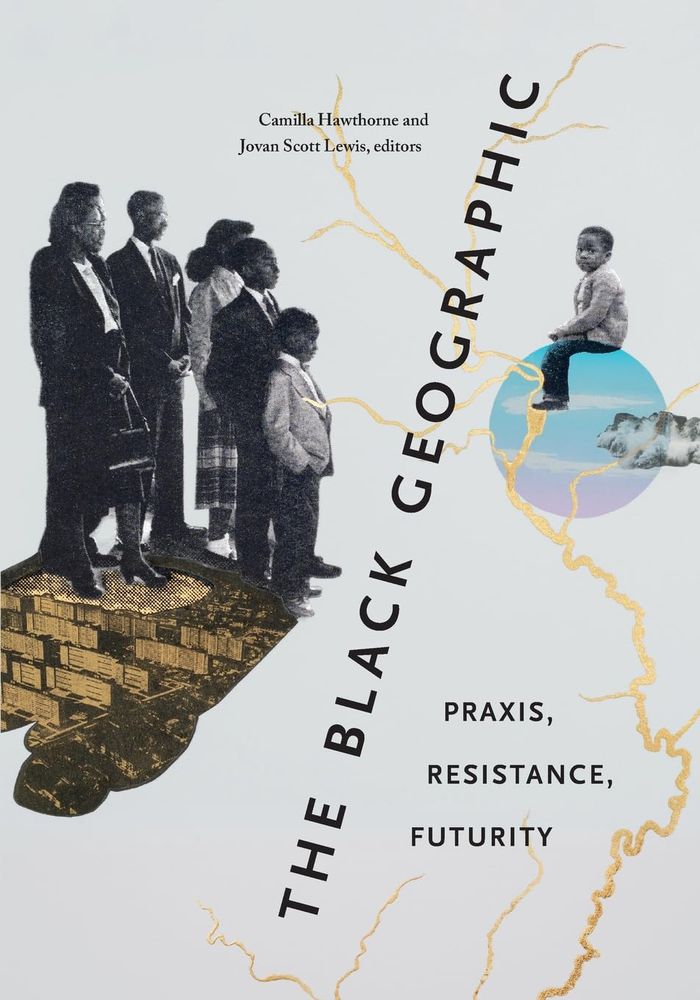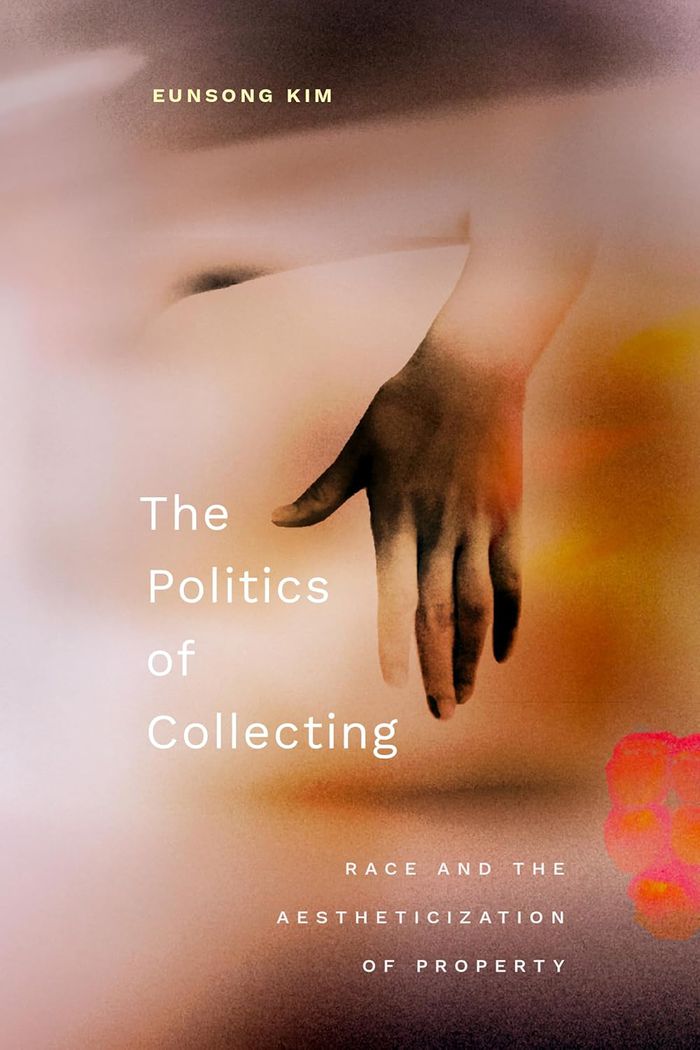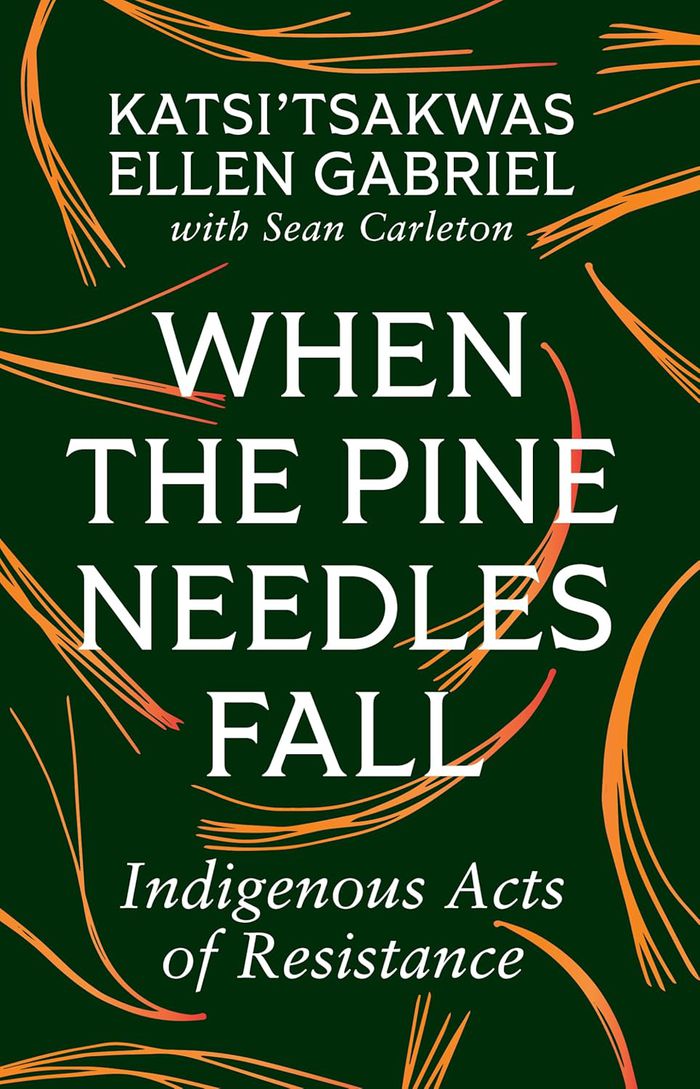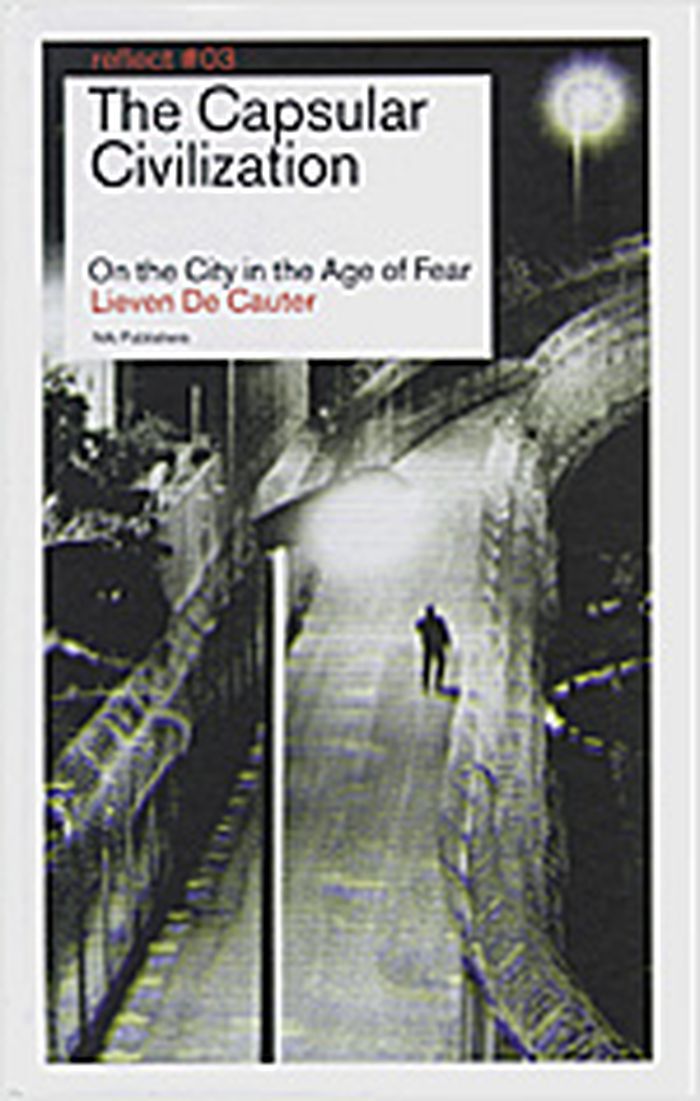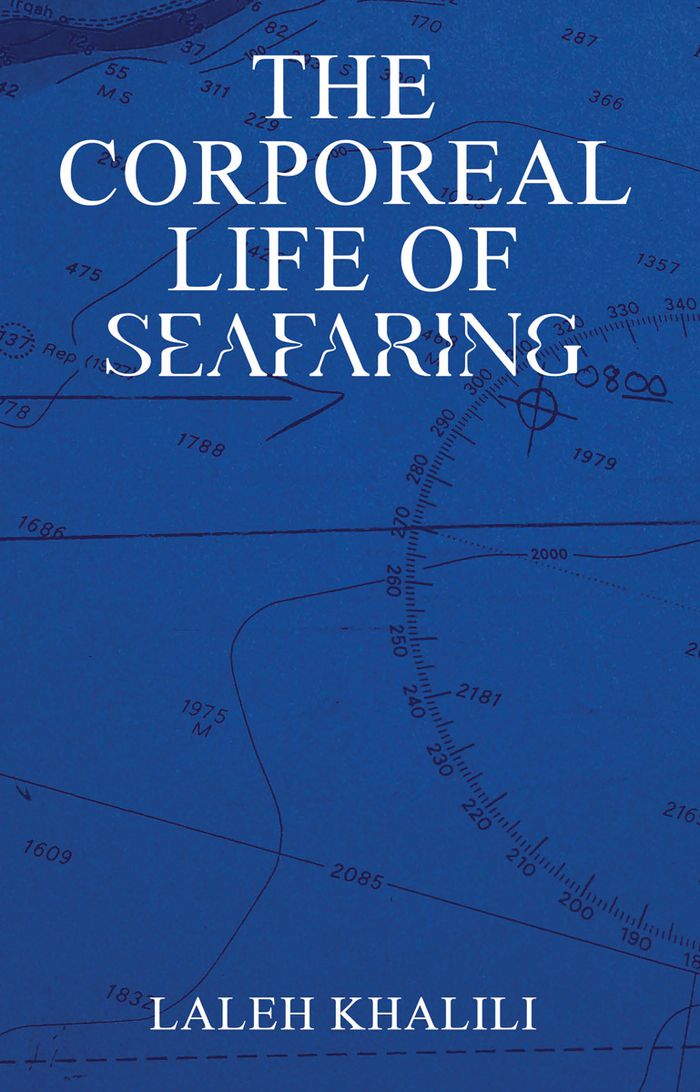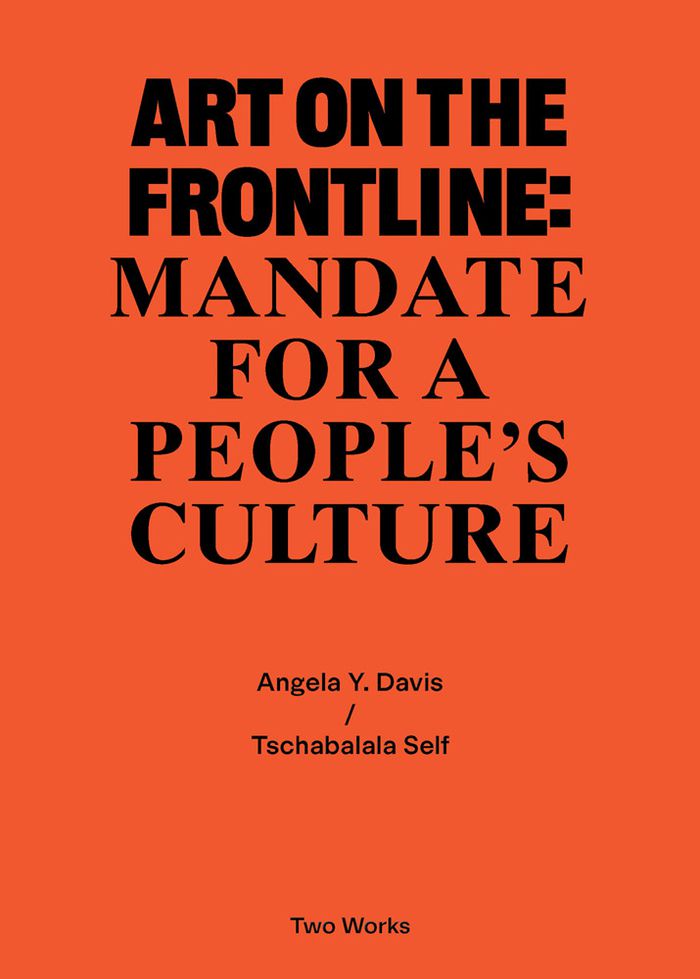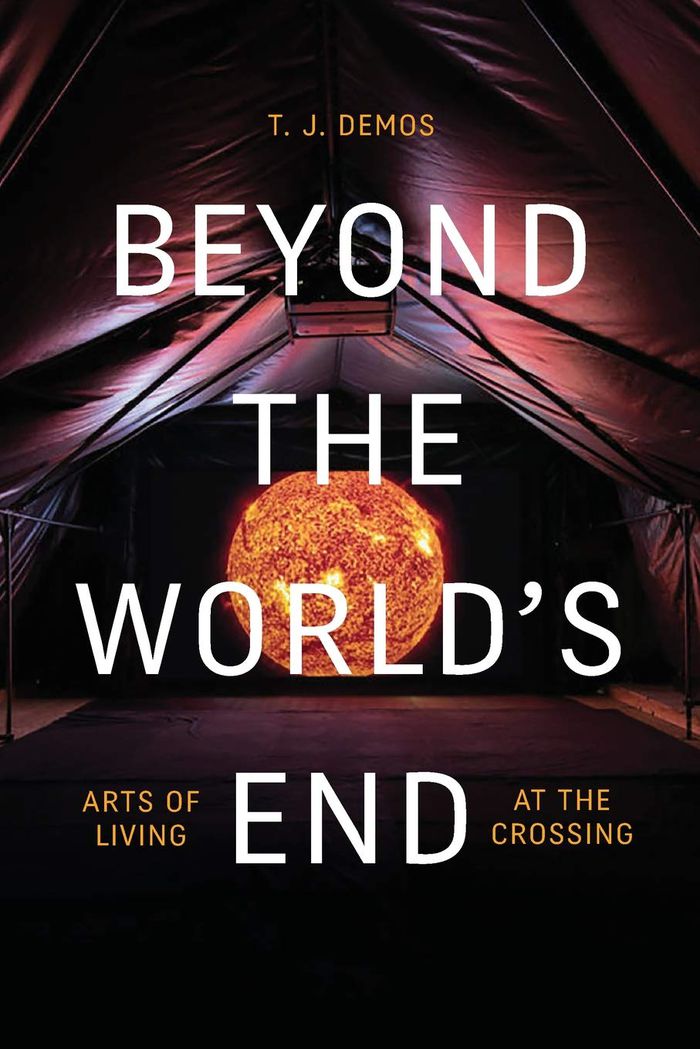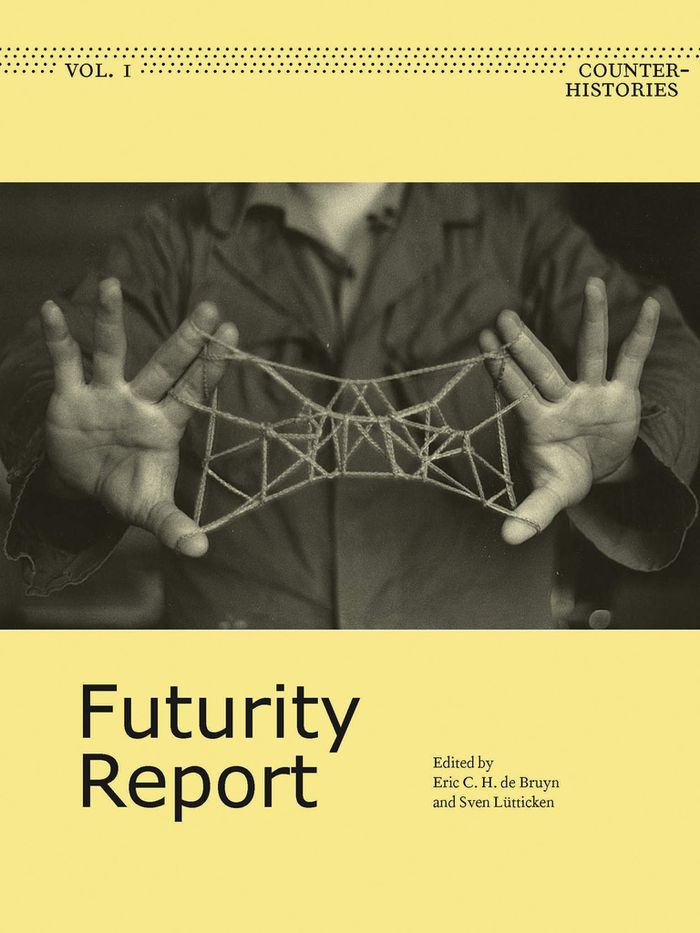$225.95
(available to order)
Summary:
The current phase of capitalist development manifests itself through a very diverse range of spatial byproducts: data centers, warehouses, container terminals, logistics parks, and many others. These architectural episodes express specific power relations, exacerbate issues of labor, and generate dramatic processes of subjectivity. Most importantly, these architectures,(...)
Exteriorless architecture: Form, space, and urbanities of neoliberalism
Actions:
Price:
$225.95
(available to order)
Summary:
The current phase of capitalist development manifests itself through a very diverse range of spatial byproducts: data centers, warehouses, container terminals, logistics parks, and many others. These architectural episodes express specific power relations, exacerbate issues of labor, and generate dramatic processes of subjectivity. Most importantly, these architectures, despite their formal and typological heterogeneity, belong to a common paradigm: the exteriorless. How can an architecture of the exteriorless be defined? How does it differentiate from examples and manifestations of the past? How do notions of legibility, form versus function, typological articulation come into play? In situating the spatialities of contemporary capitalism within the larger debate on Anthropocene, Post-Anthropocene, and Capitalocene, the book attempts to answer those questions by delineating three main characteristics for an architecture of the exteriorless: its physical and symbolic role as interface; its ambiguous condition of being at the same time local and global, isolated and connected, compressed and expanded; and, lastly, its contribution to new forms of urbanity in absence of the traditional city.
Architectural Theory
The Black geographic
$38.95
(available to order)
Summary:
The contributors to ''The Black geographic'' explore the theoretical innovations of Black Geographies scholarship and how it approaches Blackness as historically and spatially situated. In studies that span from Oakland to the Alabama Black Belt to Senegal to Brazil, the contributors draw on ethnography, archival records, digital humanities, literary criticism, and art to(...)
The Black geographic
Actions:
Price:
$38.95
(available to order)
Summary:
The contributors to ''The Black geographic'' explore the theoretical innovations of Black Geographies scholarship and how it approaches Blackness as historically and spatially situated. In studies that span from Oakland to the Alabama Black Belt to Senegal to Brazil, the contributors draw on ethnography, archival records, digital humanities, literary criticism, and art to show how understanding the spatial dimensions of Black life contributes to a broader understanding of race and space. They examine key sites of inquiry: Black spatial imaginaries, resistance to racial violence, the geographies of racial capitalism, and struggles over urban space. Throughout, the contributors demonstrate that Blackness is itself a situating and place-making force, even as it is shaped by spatial processes and diasporic routes. Whether discussing eighteenth- and nineteenth-century abolitionist print records or migration and surveillance in Niger, this volume demonstrates that Black Geographies is a mode of analyzing Blackness that fundamentally challenges the very foundations of the field of geography and its historical entwinement with colonialism, enslavement, and imperialism. In short, it marks a new step in the evolution of the field.
Social
$37.95
(available in store)
Summary:
In "The politics of collecting," Eunsong Kim traces how racial capitalism and colonialism situated the rise of US museum collections and conceptual art forms. Investigating historical legal and property claims, she argues that regimes of expropriation--rather than merit or good taste--are responsible for popular ideas of formal innovation and artistic genius. In doing so,(...)
The politics of collecting: Race and the aestheticization of property
Actions:
Price:
$37.95
(available in store)
Summary:
In "The politics of collecting," Eunsong Kim traces how racial capitalism and colonialism situated the rise of US museum collections and conceptual art forms. Investigating historical legal and property claims, she argues that regimes of expropriation--rather than merit or good taste--are responsible for popular ideas of formal innovation and artistic genius. In doing so, she details how Marcel Duchamp's canonization has more to do with his patron's donations to museums than it does the quality of Duchamp's work, and she uncovers the racialized and financialized logic behind the Archive of New Poetry's collecting practices. Ranging from the conception of philanthropy devised by the robber barons of the late nineteenth century to ongoing digitization projects, Kim provides a new history of contemporary art that accounts for the complicated entanglement of race, capital, and labor behind storied art institutions and artists. Drawing on history, theory, and economics, Kim challenges received notions of artistic success and talent and calls for a new vision of art beyond the cultural institution.
Archive, library and the digital
$32.95
(available to order)
Summary:
There have been many things written about Canada’s violent siege of Kanehsatà:ke and Kahnawà:ke in the summer of 1990, but "When the pine needles fall: Indigenous acts of resistance" is the first book from the perspective of Katsi’tsakwas Ellen Gabriel, who was the Kanien’kehá:ka (Mohawk) spokesperson during the siege. "When the pine needles fall," written in a(...)
When the pine needles fall: Indigenous acts of resistance
Actions:
Price:
$32.95
(available to order)
Summary:
There have been many things written about Canada’s violent siege of Kanehsatà:ke and Kahnawà:ke in the summer of 1990, but "When the pine needles fall: Indigenous acts of resistance" is the first book from the perspective of Katsi’tsakwas Ellen Gabriel, who was the Kanien’kehá:ka (Mohawk) spokesperson during the siege. "When the pine needles fall," written in a conversational style by Gabriel with historian Sean Carleton, offers an intimate look at Gabriel’s life leading up to the 1990 siege, her experiences as spokesperson for her community, and her work since then as an Indigenous land defender, human rights activist, and feminist leader. More than just the memoir of an extraordinary individual, "When the pine needles fall" offers insight into Indigenous language, history, and philosophy, reflections on our relationship with the land, and calls to action against both colonialism and capitalism as we face the climate crisis. Gabriel’s hopes for a decolonial future make clear why protecting Indigenous homelands is vital not only for the survival of Indigenous peoples, but for all who live on this planet.
indigenous
$34.00
(available to order)
Summary:
Since September 11, the war on terrorism, and the war in Iraq, it has been almost impossible to dissociate architecture from its social context. Add to this the massive influence of capitalism on architecture, disturbing demographic developments, and associated political, social, and ecological catastrophes, and the result is a robotic snapshot of a society dominated by(...)
The capsular civilization : on the city in the age of fear
Actions:
Price:
$34.00
(available to order)
Summary:
Since September 11, the war on terrorism, and the war in Iraq, it has been almost impossible to dissociate architecture from its social context. Add to this the massive influence of capitalism on architecture, disturbing demographic developments, and associated political, social, and ecological catastrophes, and the result is a robotic snapshot of a society dominated by fear, exclusion, and simulation. Lieven De Cauter, a leading theoretician on the subject of capsularisation, has worked over the past six years on the essays and articles contained in this book, and has documented and analyzed our changing societies before and after 9/11. For the first time, the link between the global economy, demographic changes, world terror, and the role played by the United States under the Bush admisinstration, are examined in detail in a single publication. De Cauter sketches a realistic and alarming account of the new world order that is an everyday concern for the architects and planners of the contemporary city as well as for its inhabitants and users.
Urban Theory
$25.00
(available to order)
Summary:
The body of the seafarer is a fulcrum upon which global systems of power, longstanding maritime traditions, and gendered and racialised pressures all rest. In this vital new essay, scholar Laleh Khalili draws on her ongoing research and experiences of travelling on cargo ships to explore the embodied life of these labourers. She investigates an experience riddled with(...)
The corporeal life of seafaring
Actions:
Price:
$25.00
(available to order)
Summary:
The body of the seafarer is a fulcrum upon which global systems of power, longstanding maritime traditions, and gendered and racialised pressures all rest. In this vital new essay, scholar Laleh Khalili draws on her ongoing research and experiences of travelling on cargo ships to explore the embodied life of these labourers. She investigates an experience riddled with adversities – loneliness, loss, and violence, stolen wages and exploitative shipowners – as well as ephemeral moments of joy and solidarity. In the unique arena of the ship, Khalili traces the many forms of corporeality involved in work at sea and the ways the body is engaged by the institutions that engulf seafarers’ lives and work. Illustrated throughout with the author’s own photographs, this book takes in both scholarly and literary accounts to describe with care and imagination the material and physical realities of contemporary commerce at sea. Drawing on the insights of feminists and scholars of racial capitalism, it centres the lives of those so often forgotten or dismissed in enterprises of capital accumulation and the raced and gendered hierarchies that shape them.
$24.50
(available to order)
Summary:
In her stirring and influential essay ''Art on the frontline,'' American scholar and activist icon Angela Y. Davis (born 1944) asked, 'how do we collectively acknowledge our popular cultural legacy and communicate it to the masses of people, most of whom have been denied access to the social spaces reserved for arts and culture?' Originally published in ''Political(...)
Art on the frontline: Mandate for a people's culture. Two works series, Vol. 2
Actions:
Price:
$24.50
(available to order)
Summary:
In her stirring and influential essay ''Art on the frontline,'' American scholar and activist icon Angela Y. Davis (born 1944) asked, 'how do we collectively acknowledge our popular cultural legacy and communicate it to the masses of people, most of whom have been denied access to the social spaces reserved for arts and culture?' Originally published in ''Political Affairs,'' a radical Marxist magazine, in 1985, the essay calls into question the role of art in the pursuit of social and racial liberation, and asserts the inequities exacerbated by the art world. Looking to the cultural and artistic forms born of Afro-American struggles, Davis insists that we attempt to understand, reclaim and glean insight from this history in preparing a political offensive against the racial oppression endemic to capitalism. Working in the context of 2020’s racial uprising some 35 years later, New York–based painter Tschabalala Self (born 1990) responds to Davis’ words with new, characteristically vibrant and provocative collaged works on paper. Her three series emerge collectively as something greater than their parts, suggesting a joyfulness in their ebbs and flows.
Art Theory
$35.95
(available to order)
Summary:
Postmodernism stood for everything modernism rejected: fun, exuberance, irresponsibility. But beneath its glitzy surface, postmodernism had a dirty secret: it was the fig leaf for a rapacious new kind of capitalism. It was the forcing ground of ''post truth,'' by means of which western values were turned upside down. But where do these ideas come from and how have they(...)
Everything all the time, everywhere: How we became Postmodern
Actions:
Price:
$35.95
(available to order)
Summary:
Postmodernism stood for everything modernism rejected: fun, exuberance, irresponsibility. But beneath its glitzy surface, postmodernism had a dirty secret: it was the fig leaf for a rapacious new kind of capitalism. It was the forcing ground of ''post truth,'' by means of which western values were turned upside down. But where do these ideas come from and how have they impacted on the world? In this brilliant history of a dangerous idea, Stuart Jeffries tells a narrative that starts in the early 1970s and still dominates our lives today. He tells this history through a riotous gallery that includes, among others: David Bowie, the iPod, Madonna, Jeff Koons’s the Nixon Shock, Judith Butler, Las Vegas, Margaret Thatcher, Grand Master Flash, I Love Dick, the RAND Corporation, the Sex Pistols, Princess Diana, Grand Theft Auto, Jean Baudrillard, Netflix, and 9/11. We are today scarcely capable of conceiving politics as a communal activity because we have become habituated to being consumers rather than citizens. Politicians treat us as consumers to whom they must deliver. Can we do anything other than suffer from buyer’s remorse?
Social
$37.95
(available to order)
Summary:
In ''Beyond the World's End,'' T. J. Demos explores cultural practices that provide radical propositions for living in a world beset by environmental and political crises. Rethinking relationships between aesthetics and an expanded political ecology that foregrounds just futurity, Demos examines how contemporary artists are diversely addressing urgent themes, including(...)
Beyond the world's end: arts of living at the crossing
Actions:
Price:
$37.95
(available to order)
Summary:
In ''Beyond the World's End,'' T. J. Demos explores cultural practices that provide radical propositions for living in a world beset by environmental and political crises. Rethinking relationships between aesthetics and an expanded political ecology that foregrounds just futurity, Demos examines how contemporary artists are diversely addressing urgent themes, including John Akomfrah's cinematic entanglements of racial capitalism with current environmental threats, the visual politics of climate refugees in work by Forensic Architecture and Teddy Cruz and Fonna Forman, and moving images of Afrofuturist climate justice in projects by Arthur Jafa and Martine Syms. Demos considers video and mixed-media art that responds to resource extraction in works by Angela Melitopoulos, Allora & Calzadilla, and Ursula Biemann, as well as the multispecies ecologies of Terike Haapoja and Public Studio. Throughout Demos contends that contemporary intersections of aesthetics and politics, as exemplified in the Standing Rock #NoDAPL campaign and the Zad's autonomous zone in France, are creating the imaginaries that will be crucial to building a socially just and flourishing future.
Environment and environmental theory
$39.95
(available to order)
Summary:
Theorists, historians, and artists address the precarious futurity of the notion of the future. Not long ago, a melancholic left and a manic neoliberalism seemed to arrive at an awkward consensus: the foreclosure of futurity. Whereas the former mourned the failure of its utopian project, the latter celebrated the triumph of a global marketplace. The radical hope of(...)
Futurity report, counter histories vol.1
Actions:
Price:
$39.95
(available to order)
Summary:
Theorists, historians, and artists address the precarious futurity of the notion of the future. Not long ago, a melancholic left and a manic neoliberalism seemed to arrive at an awkward consensus: the foreclosure of futurity. Whereas the former mourned the failure of its utopian project, the latter celebrated the triumph of a global marketplace. The radical hope of realizing a singularly different, more equitable future displaced by a belief that the future had already come to pass, limiting post-historical society to an uneventful life of endless accumulation. Today, amidst an abundance of neofuturisms, posthumanisms, futurologies, speculative philosophies and accelerationist scenarios, there is as well an expanding awareness of a looming planetary catastrophe driven by the extractionist logic of capitalism. Despite this return to the future, the temporal horizon of our present moment is perhaps more aptly characterized by the 'shrinking future' of just-in-time production, risk management, high-frequency trading, and the futures market. In "Futurity report," theorists, historians, and artists address the precarious futurity of the notion of the future itself.
Critical Theory

